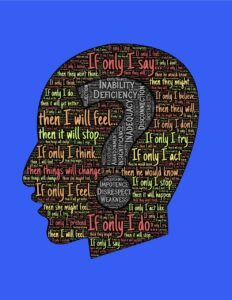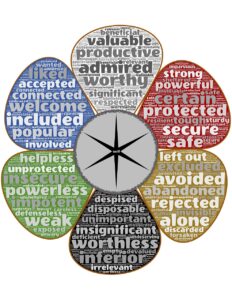
Elevate your life
Discover transformative wellness tips, inspiring stories, and join a vibrant community dedicated to making a positive impact. Start your incredible journey today!
the impactful co

Appreciation Expressions: 10 Powerful Ways to Show Gratitude
Unlock the power of heartfelt sentiments with Appreciation Expressions. Shop our unique collection of gifts and cards to show your gratitude in style. Discover meaningful ways to express appreciation today!

Emotional Wellness: 5 Powerful Techniques for Optimal Mental Health
Enhance your emotional wellness with our expert services. Discover proven techniques to boost mental health and find peace. Explore now.

Mediation Techniques: 5 Powerful Methods for Well-being and Relationships
Discover effective mediation techniques to resolve conflicts and improve communication. Gain tools to navigate difficult conversations with ease. Unlock peaceful solutions today.

Nonverbal Communication: 5 Powerful Tips for Building Better Relationships
Enhance your communication skills with our expert-led training on nonverbal communication. Improve relationships and succeed in all aspects of life.

Trust Issues: 6 Proven Methods to Rebuild Trust in Relationships
Experience the relief of overcoming your trust issues with expert guidance and support. Our proven methods ensure lasting solutions.

Anxiety Coping Strategies: 5 Empowering Techniques to Overcome Stress
Struggling with anxiety? Discover effective coping strategies to manage stress and find peace of mind. Explore our expert tips and techniques today.

Independence in Relationships: 5 Powerful Ways to Foster Autonomy
Discover the key to healthy relationships with our expert insights on fostering independence in relationships. Unlock freedom and growth today!

Secure Attachment: 5 Powerful Ways to Foster Healthy Relationships
Experience the power of secure attachment with our expert services. Find greater connection, trust, and emotional well-being. Explore now.

Setting Expectations: 5 Powerful Techniques for Effective Well-being and Self Improvement
Setting expectations is key to success. Discover how our services can help you achieve your goals. Clear communication leads to great outcomes.

Marriage Counseling: 5 Powerful Tips for a Happier Relationship
Struggling in your relationship? Find help and support through expert Marriage Counseling services. Improve communication, resolve conflicts, and strengthen your bond today. Book your session now.

Compassion Cultivation: 5 Powerful Techniques to Enhance Well-being
Discover the transformative power of Compassion Cultivation. Cultivate self-awareness and empathy with our expert guidance. Join us today for a journey towards greater compassion and inner peace.

Communication Barriers: 5 Powerful Hacks to Improve Relationships in 2024
Break down communication barriers and enhance understanding with our expert solutions. Overcome challenges and improve relationships today. Explore more.
